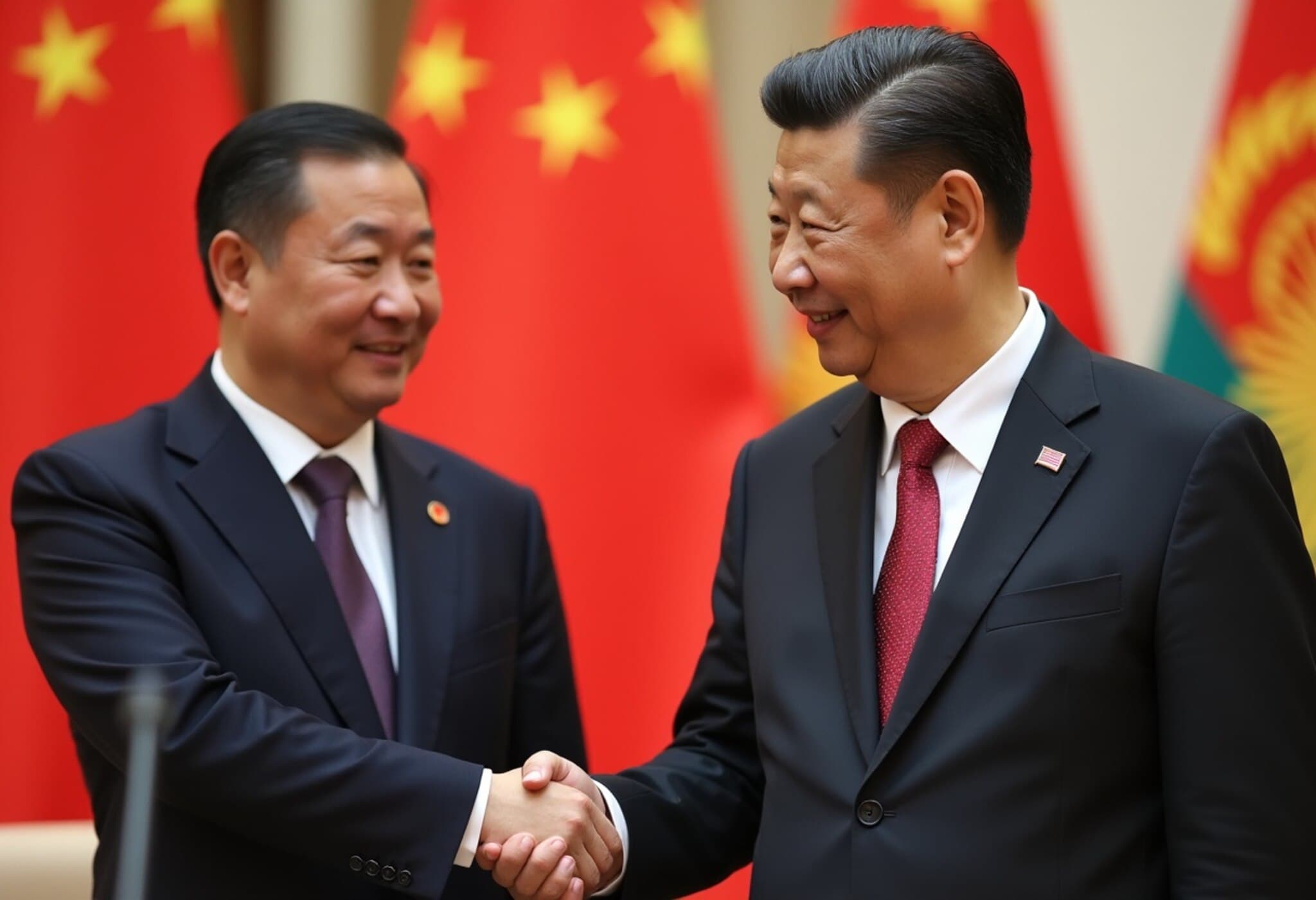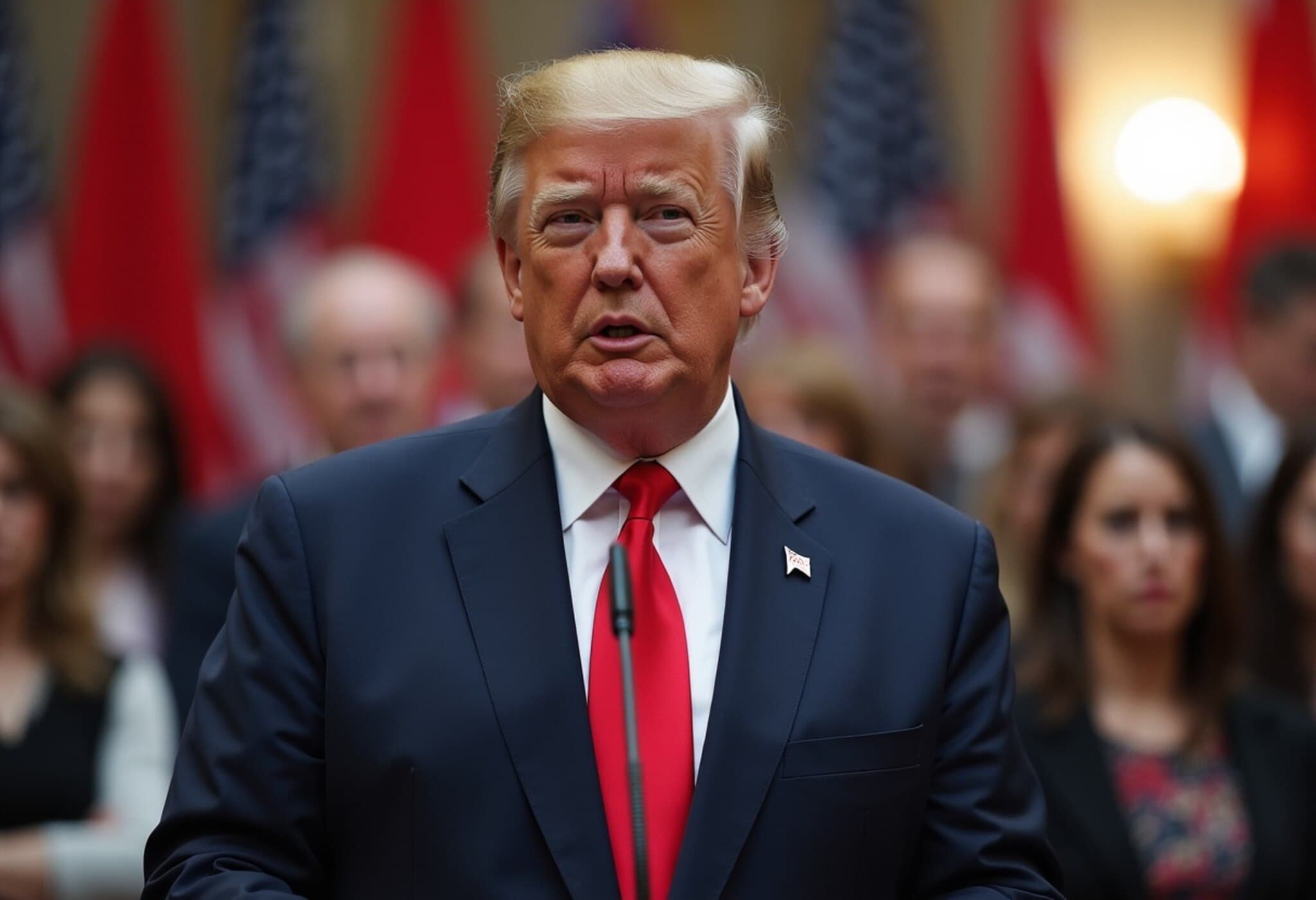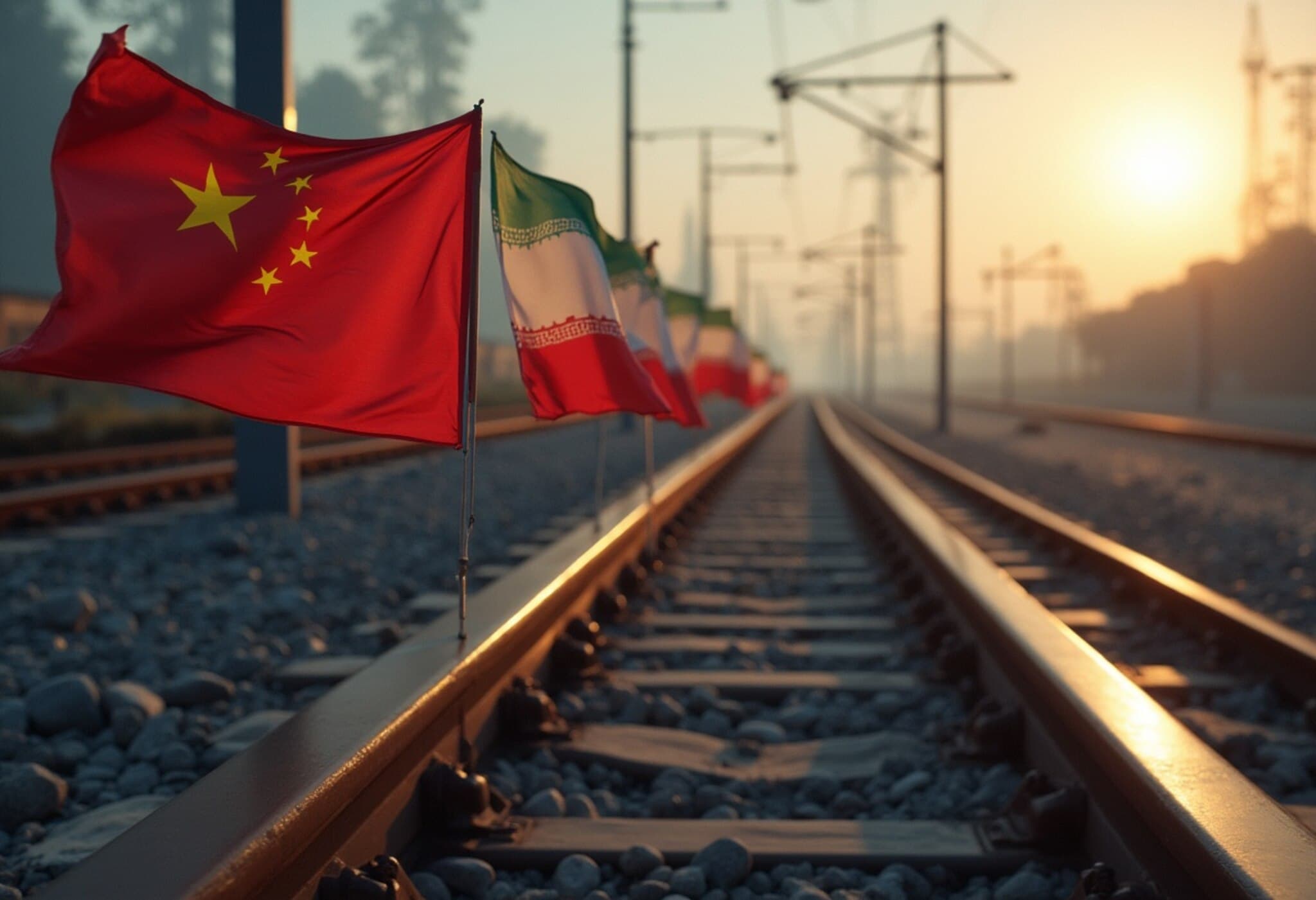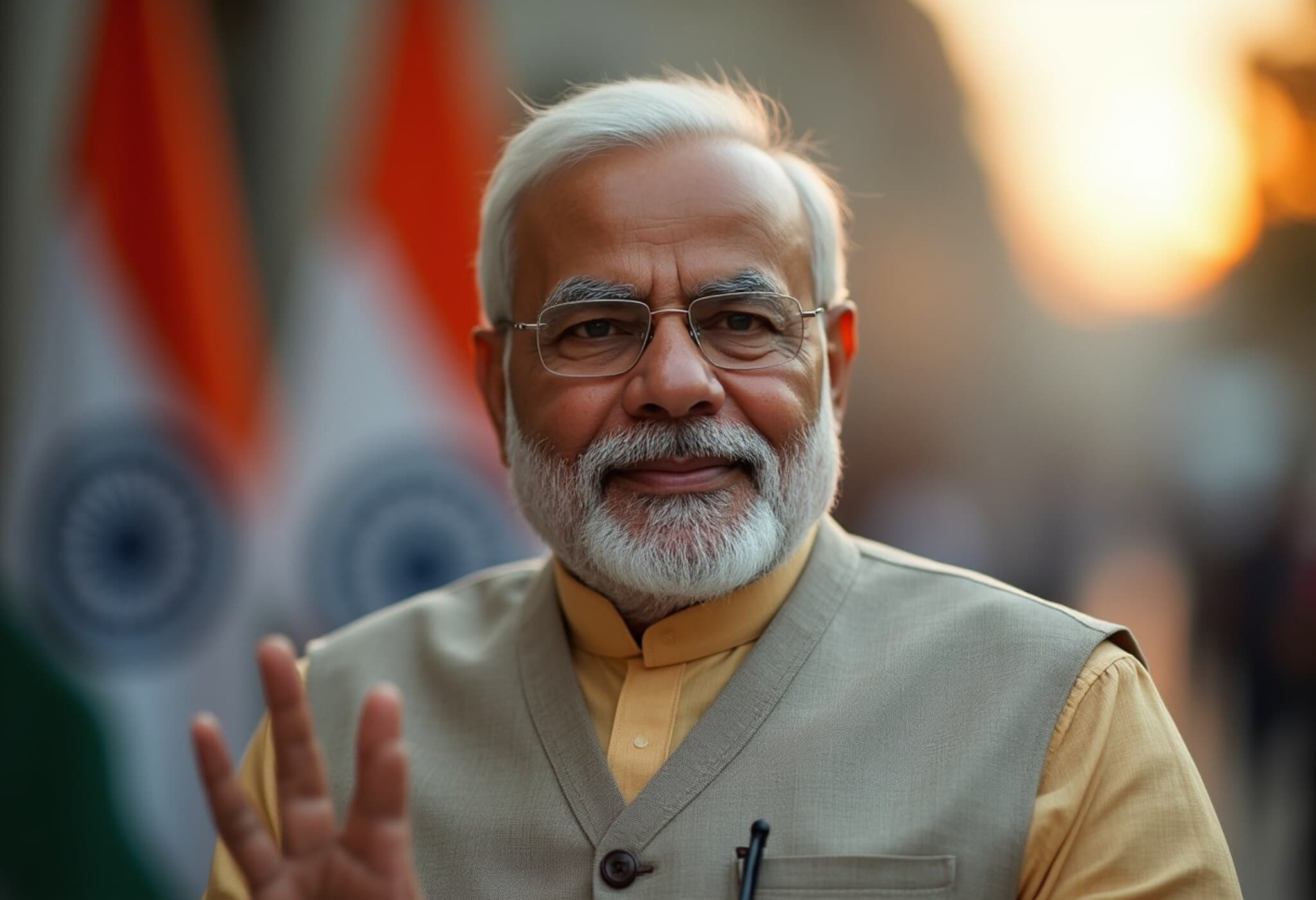Decades-Long Partnership: SBI’s Integral Role in Maldives’ Development
Since its entry into the Maldives in the early 1970s, the State Bank of India (SBI) has played a pivotal dual role in fostering both private sector growth and sustaining national fiscal health. This partnership, rooted in shared geography and strategic interests, illustrates how financial cooperation can serve as a powerful catalyst for economic progress in small island nations.
From Tourism Financing to Diversified Economic Support
SBI’s engagement in the Maldives began in February 1974, primarily focused on bolstering the tourism sector, which today forms the backbone of the country’s economy. By extending credit for resort developments, the bank helped lay the foundation for Maldives to transform into a world-renowned tourist destination. Beyond hospitality, SBI also extended financing to enterprises involved in marine exports and fishing, sectors critical to the archipelago’s economic diversification and employment.
Interest-Free Treasury Support: A Strategic Lifeline
In a unique demonstration of India’s commitment, SBI facilitated sovereign budget support that goes beyond standard financial aid models. In 2022, India subscribed to US$100 million worth of Maldivian domestic Treasury bonds, backed by a sovereign guarantee and remarkably offered on an interest-free basis. This unconventional arrangement eased the Maldives’ fiscal pressures without exacerbating debt servicing challenges.
Further strengthening this support, SBI rolled over two additional Treasury Bills worth US$50 million each in May and September 2024—again interest-free—to provide the Maldivian government with liquidity during a period of acute economic stress. This form of bilateral assistance has helped maintain government operations and critical imports, cushioning the economy from external shocks.
A Model of Financial Generosity Rooted in Geopolitical Strategy
SBI’s financial backing exemplifies an unusually generous sovereign finance model; contrasting sharply with the high-interest loans and stringent conditions often imposed by global lenders. This strategy reflects Delhi’s intent to deepen geopolitical influence in the Indian Ocean region by fostering economic stability in its island neighbor.
Experts describe this framework as a “high-trust, bilateral financial architecture,” enabling swift and effective responses to emerging fiscal crises. By underwriting the Maldives’ budget needs without traditional interest penalties, India supports enduring sovereignty and economic resilience.
Economic Stability and Regional Influence: The Broader Impact
This financial partnership offers nuanced benefits. Short-term, it shields Male’s economy from currency volatility and potential liquidity crunches. Long-term, it cements India’s strategic footing in a region witnessing increased rivalry, notably with China’s expanding maritime presence.
On the grassroots level, SBI’s continued provision of commercial credit to sectors such as aviation, fisheries, housing, and trade has fueled entrepreneurial growth and job creation, demonstrating how public financial institutions can drive sustainable development beyond traditional aid.
Editor’s Note
The State Bank of India’s involvement in Maldives stands as a sterling example of how financial institutions can be instrumental not only in advancing economic development but also in shaping regional diplomacy. The interest-free loans underscore a deep-rooted partnership built on trust and shared strategic interests. However, with increasing geopolitical competition in the Indian Ocean, ongoing dialogue is essential to ensure such support remains balanced and fosters long-term economic independence for the Maldives.
Readers might ask: As the Maldives navigates fiscal challenges and external influences, how can it leverage this support to build a more resilient and diversified economy? What lessons could other small island nations learn from this bilateral cooperation?













